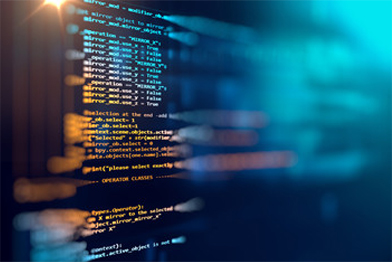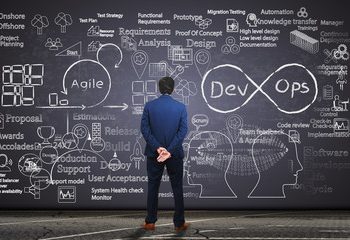Definition of artificial intelligence
AI is the ability of a machine to display human-like capabilities such as reasoning, learning, planning and creativity.
AI enables technical systems to perceive their environment, deal with what they perceive, solve problems and act to achieve a specific goal. The computer receives data – already prepared or gathered through its own sensors such as a camera – processes it and responds.
AI systems are capable of adapting their behaviour to a certain degree by analysing the effects of previous actions and working autonomously.
Why is AI important?
Some AI technologies have been around for more than 50 years, but advances in computing power, the availability of enormous quantities of data and new algorithms have led to major AI breakthroughs in recent years.
Artificial intelligence is seen as central to the digital transformation of society and it has become an EU priority.
Future applications are expected to bring about enormous changes, but AI is already present in our everyday lives.
Types of AI
- Software: virtual assistants, image analysis software, search engines, speech and face recognition systems
- “Embodied” AI: robots, autonomous cars, drones, Internet of Things AI in everyday life
Below are some AI applications that you may not realise are AI-powered:
Online shopping and advertising
Artificial intelligence is widely used to provide personalised recommendations to people, based for example on their previous searches and purchases or other online behaviour. AI is hugely important in commerce: optimising products, planning inventory, logistics etc.
Web search
Search engines learn from the vast input of data, provided by their users to provide relevant search results.
Digital personal assistants
Smartphones use AI to provide services that are as relevant and personalised as possible. Virtual assistants answering questions, providing recommendations and helping organise daily routines have become ubiquitous.
Machine translations
Language translation software, either based on written or spoken text, relies on artificial intelligence to provide and improve translations. This also applies to functions such as automated subtitling.
Smart homes, cities and infrastructure
Smart thermostats learn from our behaviour to save energy, while developers of smart cities hope to regulate traffic to improve connectivity and reduce traffic jams.
Cars
While self-driving vehicles are not yet standard, cars already use AI-powered safety functions. The EU has for example helped to fund VI-DAS, automated sensors that detect possible dangerous situations and accidents.
Navigation is largely AI-powered.
Cybersecurity
AI systems can help recognise and fight cyberattacks and other cyber threats based on the continuous input of data, recognising patterns and backtracking the attacks.
Success Stories






